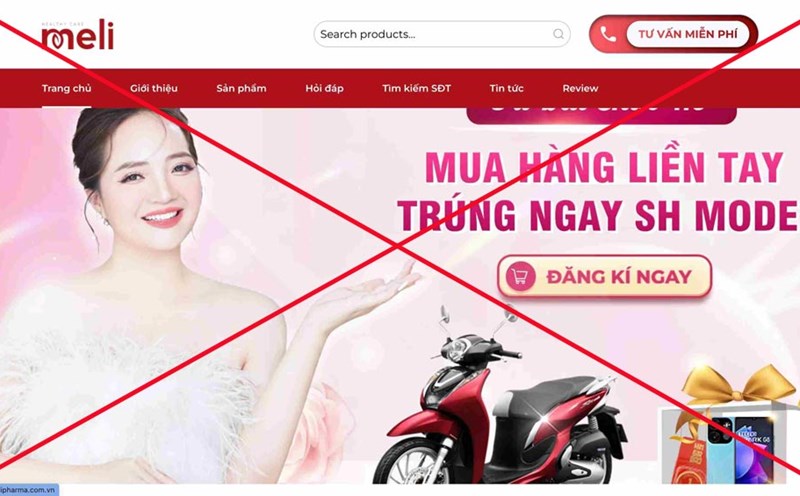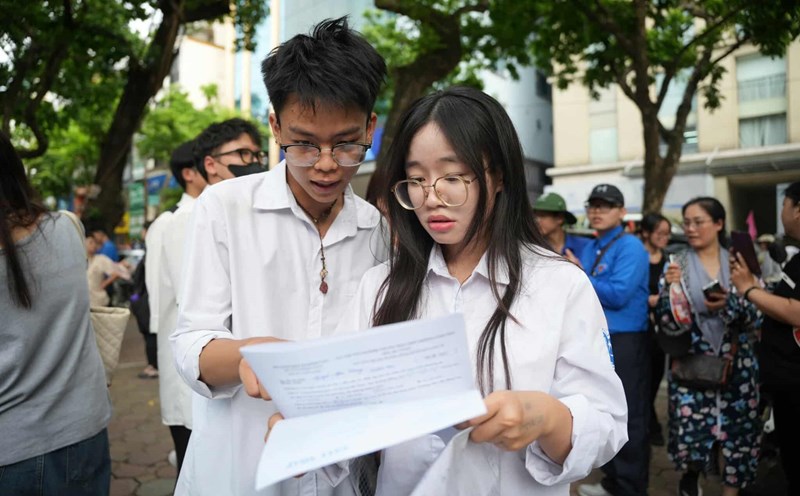Non- tariff barriers are still a major obstacle
Speaking at the Workshop "Removing non- tariffs for ASEAN's common prosperity" organized by the Financial - Investment Newspaper in coordination with the Embassy of New Zealand on the morning of June 27, Mr. Le Trong Minh - Deputy Editor-in-Chief of the Financial - Investment Newspaper - said that although ASEAN has cut more than 99% of intra-bloc tariffs, non-Tariff barriers ( Non-Tariff barriers - NTBs) are still a major obstacle to trade and investment in the region. In the context of ASEAN moving towards vision 2045 with the goal of strengthening economic linkages and digitalizing trade, the removal of NTBs is an urgent requirement.
According to the World Bank, there are nine popular groups of NTBs, in which animal and plant quarantine and food safety (SPS) account for 37.5%, equivalent to a technical barrier to trade (TBT). Although these measures aim to protect the health, environment and consumers, if they are not transparent or synchronous, they can become invisible barriers that increase costs, prolong customs clearance time and create risks for businesses.
For small and medium-sized enterprises, the cost of complying with NTBs such as re-inspecting products, lacking information about technical changes, Halal certification or unsynchronized digital procedures is a significant burden. NTBs can account for 2-4% of the value of goods and if they reduce costs by 10%, ASEAN can grow trade by 3-4%, equivalent to tens of billions of USD, Mr. Minh emphasized.
Solving difficulties while preparing for new standards
From the perspective of regional enterprises, Mr. Nguyen Anh Dung - National Director of NielsenIQ in Vietnam, Philippines and Myanmar - pointed out three groups of major challenges for enterprises when approaching the ASEAN market, including separate domestic standards, segmented distribution infrastructure and different consumer cultures.
For example, a cosmetic product that has been licensed in Thailand may not be accepted in Vietnam if there is no sub-label or a change in ingredient declaration. The food industry is facing even more difficulties in Muslim countries such as Malaysia and Indonesia due to the requirement of Halal certification with complex processes, high costs and long time, Mr. Dung shared.
Not only a regulation, distribution infrastructure also creates barriers when many businesses cannot move products out of large cities due to the lack of a reliable logistics system. Meanwhile, the gap in consumer behavior between rural and urban areas and between ASEAN countries is huge: taste, shopping habits, price sensitivity and trust in international brands are all different.
Meanwhile, Ms. Le Hang - Deputy General Secretary of the Vietnam Association of Seafood Exporters and Producers (VASEP) - said that NTBs are a major obstacle for exports to ASEAN, especially the SPS, TBT measures and import licensing requirements.
ASEAN countries often apply strict regulations on quarantine, certification and food safety standards. To comply, enterprises must provide additional documents, conduct laboratory testing or adjust production processes. For small businesses, this is a huge barrier, said Ms. Hang.
In addition, requirements such as label format, traceability, or environmental certification, legal fishing (IUU) also force businesses to continuously adapt. Some countries such as Malaysia and Indonesia still require import licenses, sometimes applying quotas and approving them on a case-by-case basis, increasing uncertainty.
To support businesses to overcome barriers, VASEP has proactively acted as a bridge between businesses and management agencies, made policy recommendations, organized trade promotion and training on traceability, ESG, and developed raw material areas. Many recommendations have been recognized by the Government, contributing to removing bottlenecks and maintaining export orders.











